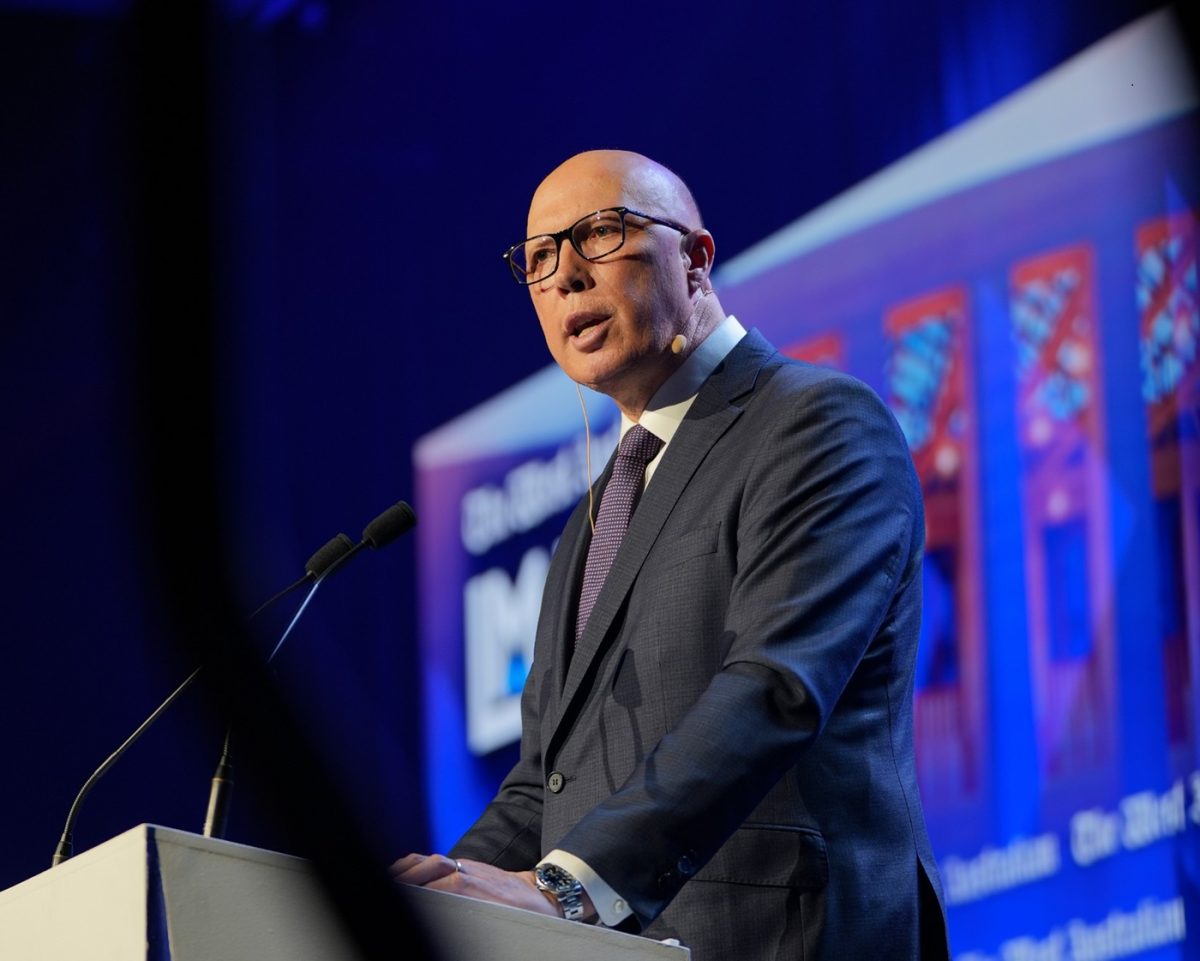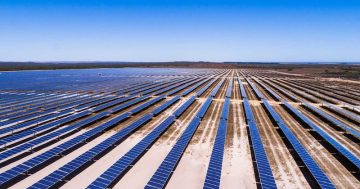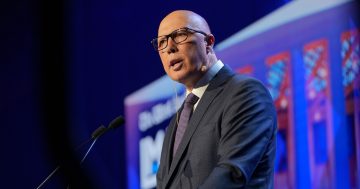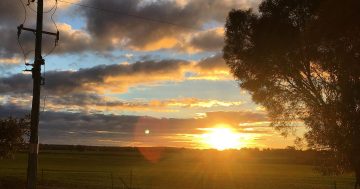
Opposition Leader Peter Dutton has again rejected CSIRO’s findings over the cost of nuclear energy. Photo: Peter Dutton Facebook.
Peter Dutton has been shown up by his insistence that the CSIRO change its modelling over nuclear energy, with the national science agency’s latest report showing that the option remains far more costly than Labor’s renewables plan.
In its latest GenCost report, produced with the Australian Energy Market Operator, CSIRO estimates that wind farms would produce electricity at $56 to $96 a megawatt hour, with solar farms at $35 to $62 a megawatt hour.
The cost of a regular large-scale nuclear plant operating 90 per cent of the time, the report forecasts, would be at $155 a megawatt hour, blowing out to $252 a megawatt hour if only used half of the time.
“Nuclear advocates have asked for greater recognition of the potential cost advantages of nuclear technology’s long operational life, and CSIRO has calculated those cost advantages for the first time,” the report states.
“Our finding is that there are no unique cost advantages arising from nuclear technology’s long operational life.
“Similar cost savings are achievable from shorter-lived technologies, even accounting for the fact that shorter-lived technologies need to be built twice to achieve the same life.”
The GenCost report points to several reasons for the lack of an economic advantage from longer operational life, including substantial refurbishment costs required.
Without this new investment, it says, nuclear cannot achieve a safe, long operational life.
“When renewables are completely rebuilt to achieve a similar project life to nuclear, they are rebuilt at significantly lower cost due to ongoing technological improvements, whereas large-scale nuclear technology costs are not improving to any significant extent owing to their maturity,” the report states.
“Also, due to the long lead time in nuclear deployment, the limited cost reductions achieved in the second half of nuclear technology’s operational life, when the original capital investment is no longer being repaid, are not available until around 45 years from now, significantly reducing their value to consumers compared to other options which can be deployed now.”
However, the opposition leader isn’t buying it, suggesting that the modelling didn’t change much and that Energy Minister Chris Bowen was pressuring CSIRO to come up with numbers that support Labor’s position.
“They were disputed before, and do you know what? They haven’t even seen our plan yet, and yet they’re out bagging it,” Mr Dutton said.
“It just looks to me like there’s a heavy hand of Chris Bowen in all of this. I don’t think people want to see that.
“I think what they know from Chris Bowen at the moment is that he’s wrecking the energy system, and that’s wrecking the economy, and that’s why families are facing food inflation and higher prices when they go to the supermarket … I mean, there are ideological reasons, and I mean, why have they taken their position on a number of fronts in their public policy decisions?
“Because they’re trying to please the Greens, and this is wrecking our economy, and it is making it harder for families who are really struggling under the Labor Party at the moment.”
Mr Bowen has hit back, accusing Mr Dutton of unfairly politicising the CSIRO.
“That’s deeply offensive, not to me, but to the CSIRO,” the Minister said when appearing on the ABC’s 7.30 program.
“I’m deeply offended that the Opposition would accuse them of being subject to political interference when they have, for the best part of 100 years, been completely independent of any politician, of any political interference.
“They’ve brought this report out at complete arm’s length from government, and its findings are just inarguable.”
Mr Bowen said the latest GenCost report has reaffirmed Australia’s adoption of firmed renewables is the most affordable way to modernise the energy grid, while the costs and time to build a nuclear reactor are rising.
In a separate statement, the Minister noted that the annual report collaboration between CSIRO and the AEMO was first commissioned under the Coalition and is used as a standardised measure by industry for forward planning and to assess the most economically viable investment opportunities.
“CSIRO and AEMO have specifically considered the claims of the Liberal Party about the life of nuclear reactors and capacity factors,” he said.
“The claims that these two things make nuclear cheaper have been clearly and emphatically rejected.
“Renewables remain the cheapest new-build electricity generation in Australia to 2050, both as standalone assets and when also accounting for the required storage, transmission and firming.”
Mr Dutton has promised to release further details of his nuclear proposal – including costings – this week.




















